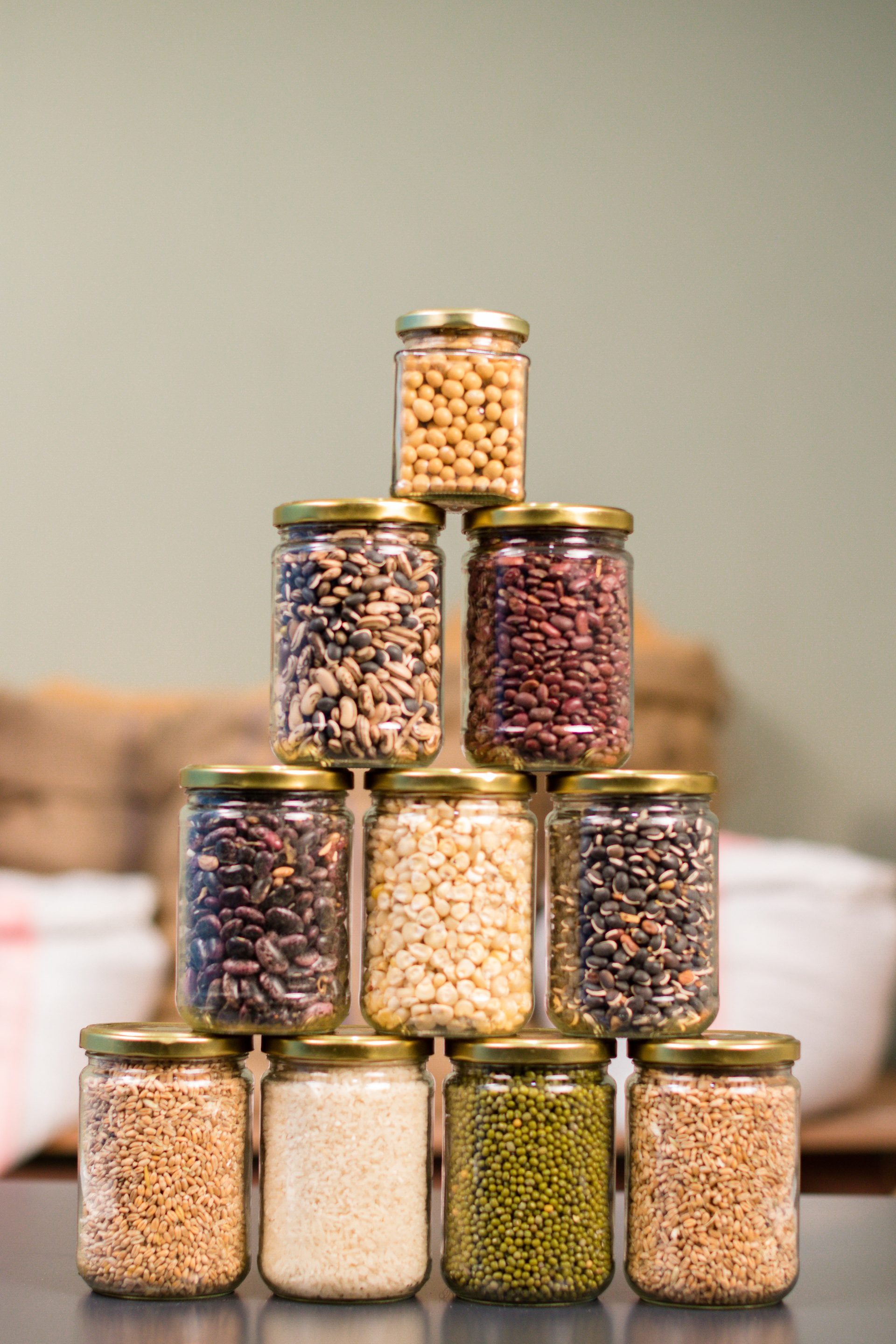“At TECNALIA, we promote healthy eating; World Food Day”
On World Food Day, TECNALIA remembers its projects focused on alternative sources of protein
TECNALIA promotes healthy eating. On World Food Day, we want to remember our commitment to health and our research work with several projects focused on alternative sources of protein.
Growing demand and population growth means that the source of animal protein is not assured for everyone. In response to this need, our research has focused on finding alternative, healthy and sustainable sources of protein. This is the case of the ALEHOOP initiative, where we have been working with by-products from legumes to obtain protein extracts.
Pulses play an important role in the diets of many countries, particularly those in the Mediterranean region. They are also very versatile and culturally diverse foods that can be found all over the world, serving as a basic source of protein in certain countries. Recently, there has been growing interest in the technological functionalities of the proteins in legumes with a view to using them as food ingredients, primarily as alternative protein substitutes for meat, egg, dairy and wheat proteins.
Large quantities of by-products and residues are produced throughout the agro-industrial processing chain of legumes, particularly during harvesting and processing in the field, when defective legumes are removed. In addition, seed pods and other seed residues are left over after cleaning and splitting during industrial processing.
Waste: useful by-products in the food chain
The amount of waste resulting from the processing of leguminous plants varies between 5% and 25% of the initially harvested crop. However, these by-products can still be a rich source of useful compounds such as proteins, fibres, minerals and other bioactive molecules (e.g. phenols and carotenoids), which have been shown to have a beneficial impact on human health.
The food industry has shown a growing interest in the possible use of legume by-products, mainly due to the presence of high amounts of protein that could be incorporated into various types of foods; high protein pasta, hamburgers, nuggets, beverages, baby and sports foods, meal replacements, bakery products, etc. The aim is to increase their nutritional value and/or provide specific and desirable functional or technological properties, making farming practices more profitable and reducing human dependence on animal products.
In fact, vegetarian and vegan diets have become increasingly popular and many consumers consider themselves to be partially vegetarian and restrict their intake of animal products to a large extent. This has led to an increased demand for alternative sources of dietary protein, mainly from legumes and their processed products.
TECNALIA investigates alternative sources of protein
Alkaline extraction followed by isoelectric precipitation has been used In the work carried out as part of the ALEHOOP project in Europe to obtain protein extracts from by-products of four leguminous plants: lentils, beans, peas and lupin beans. These are defective seeds, which due to their size, appearance or any other type of defect, do not meet the quality standards required for marketing.
The protein extracts obtained have been characterised in terms of their biochemical properties (moisture, protein, sugar and fat content, mineral analysis and amino acid composition), and techno-functional properties (solubility, water and fat retention capacity, and gelation, emulsifying and foaming capacity), as well as their antioxidant activity and anti-nutritional factors; their subsequent application as ingredients in different products intended for human consumption will depend on all of them.
These protein extracts have also been hydrolysed by enzymes in order to modify some of their functional properties, particularly to improve the water solubility of the original extracts. Finally, an exhaustive characterisation of the waste flows from the protein extraction process has been carried out and different alternatives have been proposed for their use.
Consequently, the efficient use of these agro-industrial by-products helps to reduce the overall economic and environmental impact of agro-industrial and food processing chains. The extraction of waste and its subsequent use will lead to a zero waste economy and a more sustainable circular and bio-based society.
TECNALIA is also involved in other research initiatives to obtain alternative protein such as microbial protein, which can be obtained from the biomass of unicellular organisms such as microalgae, bacteria and fungi, and insect protein.
Find out more aboute all our work on Health and Food!

